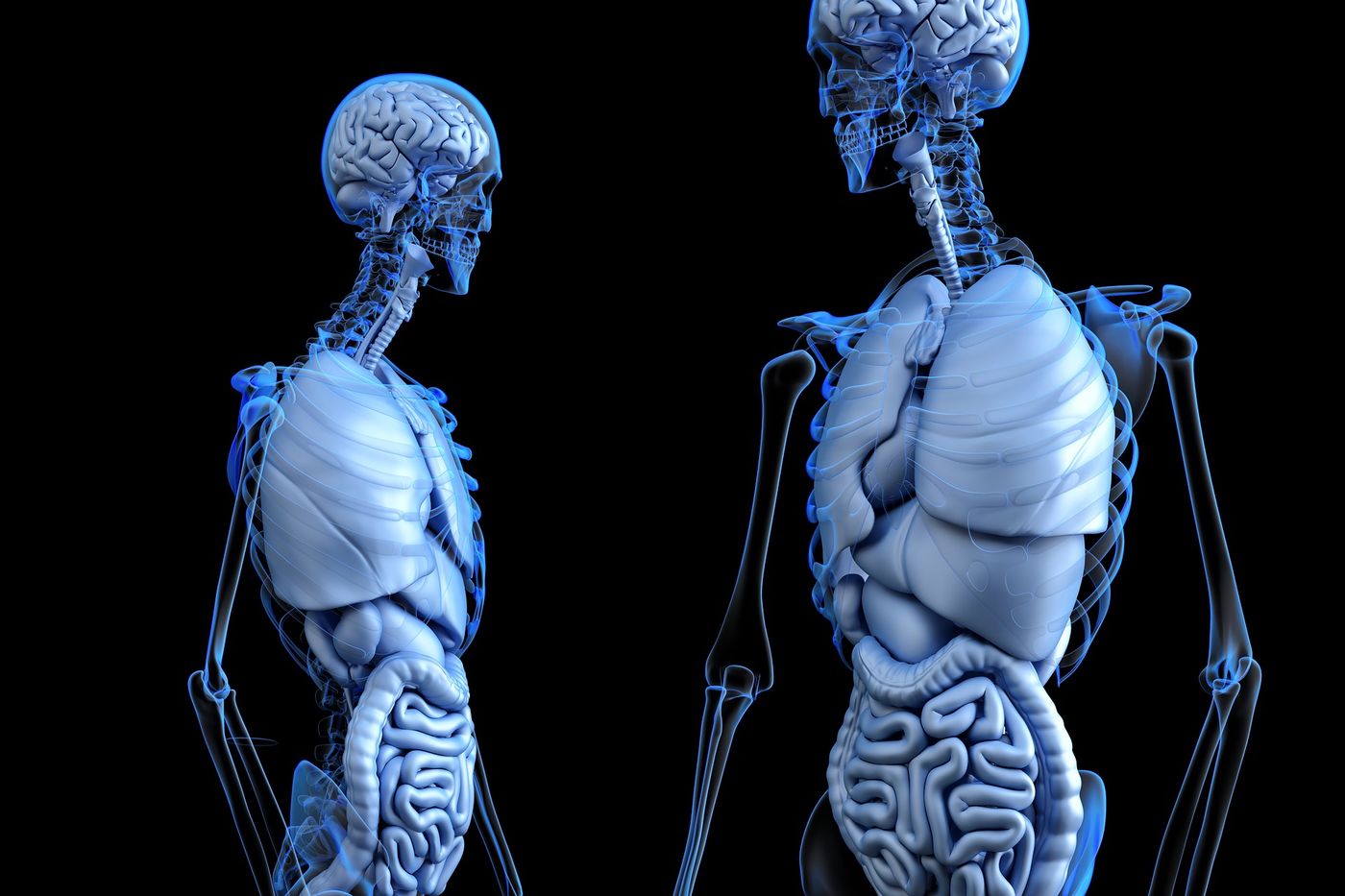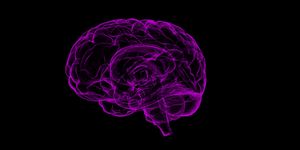When you think of cellular model systems to study disease and potential therapeutics in a human context in the lab, you traditionally would think of animal models or 2-dimensional cell culture systems where primary or immortalized cells grow on plastic tissue culture plates in incubators kept at 37 degrees Celsius, 95% relative humidity, and 5% carbon-dioxide to simulate the human body. More recently, researchers have shifted a strong focus toward the use of in vitro organoid systems which represents a major technological breakthrough for use in a wide variety of applications in basic, translational, and clinical research settings.
So what is an “organoid”, exactly? They are 3-dimensional structures composed of human cells or tissue, which according to Aliyah Fatehullah et al, authors of a Nature Cell Biology review article on the subject matter, represents a “near physiological model facilitating a (more) accurate study of a range of in vivo biological processes including tissue renewal, stem cell/niche functions and tissue responses to drugs, mutation or damage”. Essentially, these 3D systems are derived from self-organizing stem cells. For example, embryonic stem cells are capable of differentiating into endoderm and ectoderm tissues when grown in 3D culture, which recapitulates their behavior in vivo. Depending on the nutrients that are available to the stem cells from their environment, they can differentiate into multiple tissue types. We have even been able to take samples from patients and create 3D organoids for laboratory study. The ability to more accurately model the native state of cells in the body represents a new path forward in understanding basic biology of disease as well as pre-clinical testing of drugs to move them into clinical trials.
Scientists have successfully created organoids mimicking lung, liver, stomach, pancreas, kidneys, intestines, the brain, and even mammary glands that lactate (in addition to others). While this is pretty remarkable to think about, the organoids are still not fully functional as you would find them in their systems-context in the body, but their ability to mimic the architecture and genetic make-up of their in vivo counterparts provides a valuable tool for study.
In 2014, scientists from the RIKEN Center for Developmental Biology in Kobe, Japan used mouse embryonic stem cells or induced pluripotent stem cells could be used to create a 3D retinal tissue which could develop the appropriate segments and nuclear layer found in vivo, and they could use this system to model advanced retinal degeneration. Their study was a step forward toward being able to create retinal sheets for transplantation via 3D organoid cultures, to be used as a therapy for advanced retinal degenerative diseases.
Scientists such as Arnold Kriegstein at the Department of Neurology at the University of California in San Francisco and Jürgen Knoblich at the Institute of Molecular Biotechnology of the Austrian Academy of Sciences have used stem cell technologies to generate brain organoids to study the pathogenesis of both acquired and inherited brain diseases such as Alzheimers and Parkinsons. Brain organoids have also recently been used by other scientists to study the effect of the Zika virus, and to interrogate drugs which could potentially treat the virus. A growing number of cancer researchers are also turning to 3D organoids to recapitulate their specific cancer types and to test potential novel therapeutics in these systems.
Organoids hold the potential to be a valuable tool for medical research that can aid in basic biological understanding, in testing drugs in a variety of disease states to move them into patients in the clinic, and organoids themselves may even have utility in acting as a therapeutic modality in the case of transplantation.
Sources: Stem Cell Reports, Nature Reviews NeuroScience, Nature Cell Biology, Forbes, The Sanger Institute, Pixabay









